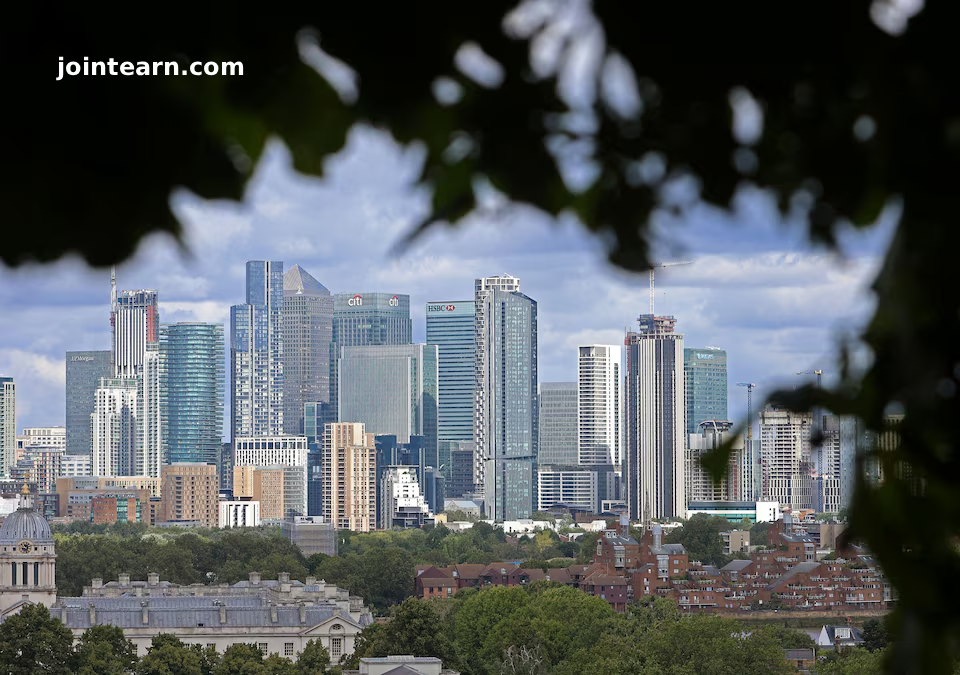
London – Key economic indicators suggest that the UK economy is showing signs of slowing as finance minister Rachel Reeves prepares to announce next week’s budget, with expectations that she will raise taxes once again. Data released on Friday highlight challenges facing businesses, consumers, and public finances, underscoring the difficult balancing act for the government as it seeks to reduce borrowing without further dampening already weak growth.
Business Activity and Consumer Confidence Slump
The S&P Global Purchasing Managers’ Index (PMI) preliminary survey for November revealed that UK companies are pausing expansion plans amid uncertainty over potential tax increases. Both the services and manufacturing sectors barely grew in November, performing below economists’ forecasts, suggesting that the UK economy may expand by only 0.1% in the final quarter of 2025.
“There’s a real chance this pause may turn into a downturn, largely linked to speculation that further demand-dampening measures will be introduced in the Budget,” said Chris Williamson, Chief Business Economist at S&P.
Meanwhile, consumer confidence dropped, with the GfK consumer confidence barometer falling to -19 in November from -17 in October. Neil Bellamy, GfK’s consumer insights director, described the data as “a bleak set of results” ahead of the budget, reflecting household caution on spending. Retail sales volumes also declined in October, marking the first month-on-month drop since May.
Public Finances and Borrowing Challenges
Official data from the Office for National Statistics (ONS) show that government borrowing from April to October reached the highest levels in over 30 years, excluding the peak of the COVID-19 pandemic. Last year, Reeves implemented the largest annual tax increase since 1993, with businesses largely affected by higher payroll taxes.
For this year, the government is expected to need an additional £20 billion–£30 billion ($26–$39 billion) in revenue due to slower-than-expected growth, rising borrowing costs, and difficulties passing planned welfare cuts through parliament.
Expected Measures in the Budget
Initially, Reeves suggested that she might raise the main income tax rate for the first time since the 1970s, potentially breaking Labour’s election promises. However, she now appears likely to implement a series of smaller, targeted fiscal measures to achieve the necessary revenue increase.
Private-sector employment fell at its fastest pace in four months, and business price increases slowed to the lowest level since December 2020. These trends may increase the likelihood of an interest rate cut by the Bank of England in the coming month.
Outlook for the UK Economy
The combination of sluggish growth, declining consumer confidence, high borrowing, and uncertain tax policy creates a challenging environment for businesses and households alike. Economists caution that the UK economy could face a period of stagnation or mild contraction if demand-dampening fiscal measures are introduced without complementary growth-supporting policies.
The upcoming budget will be a critical test for the government as it seeks to stabilize public finances while maintaining confidence among consumers, businesses, and investors.


Leave a Reply